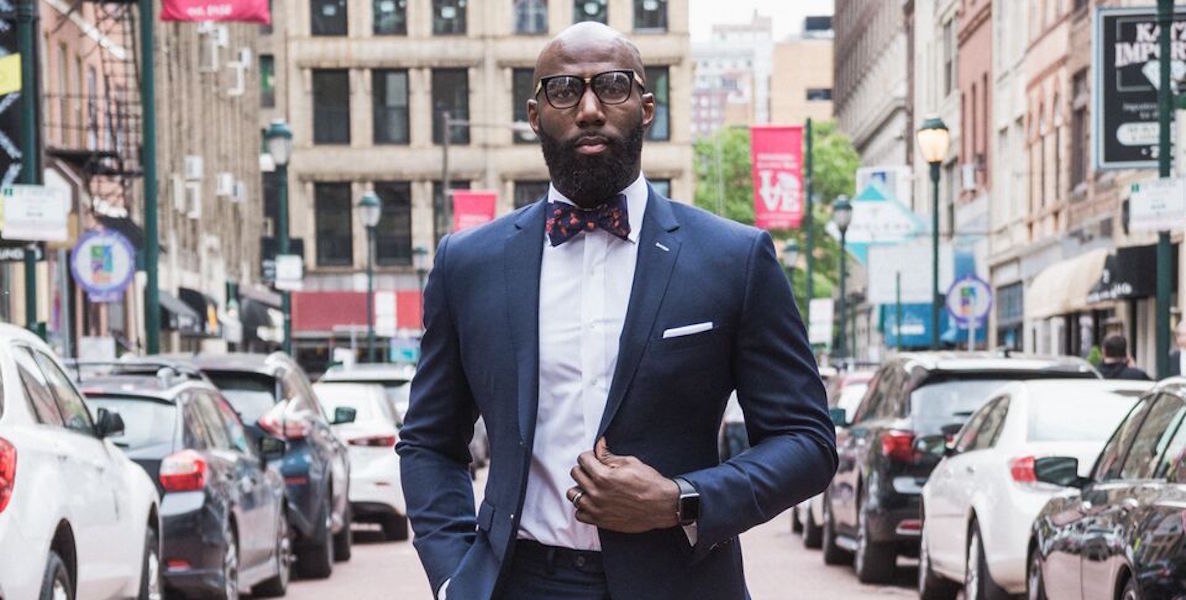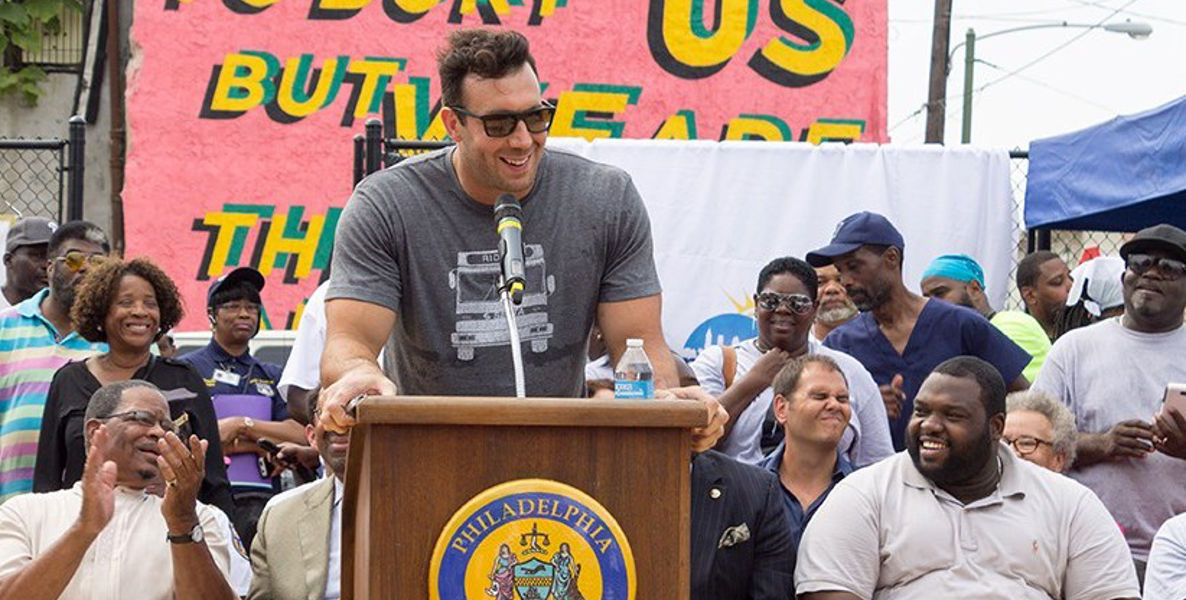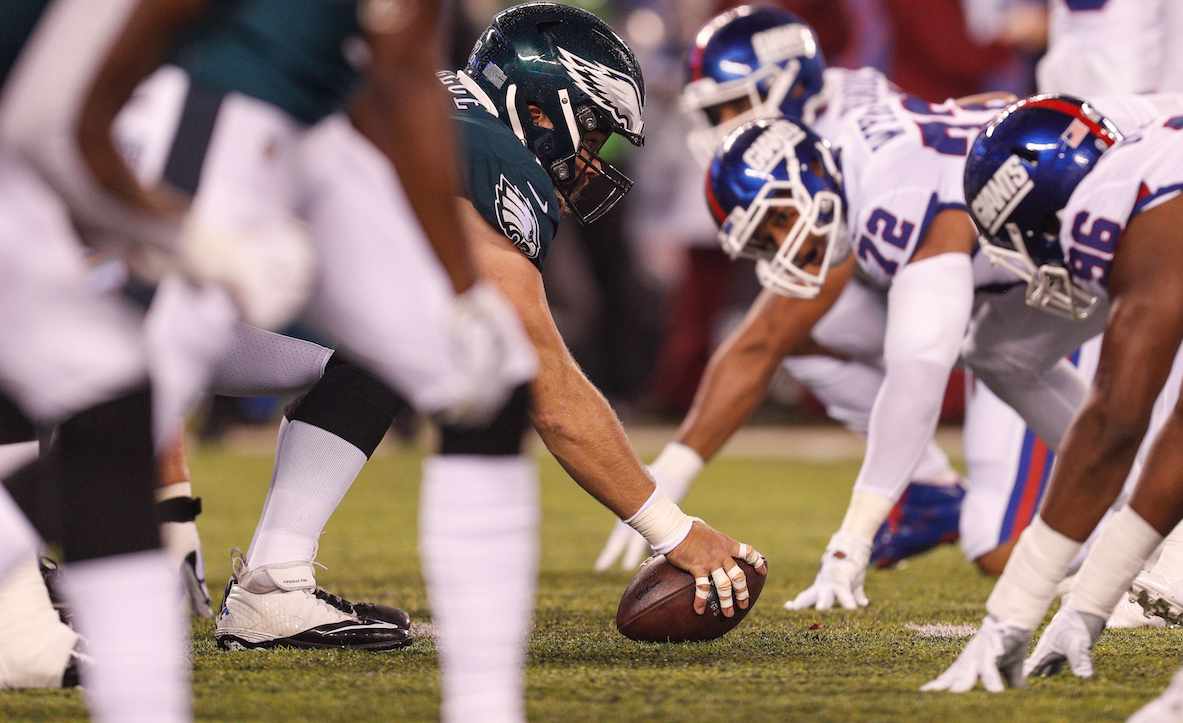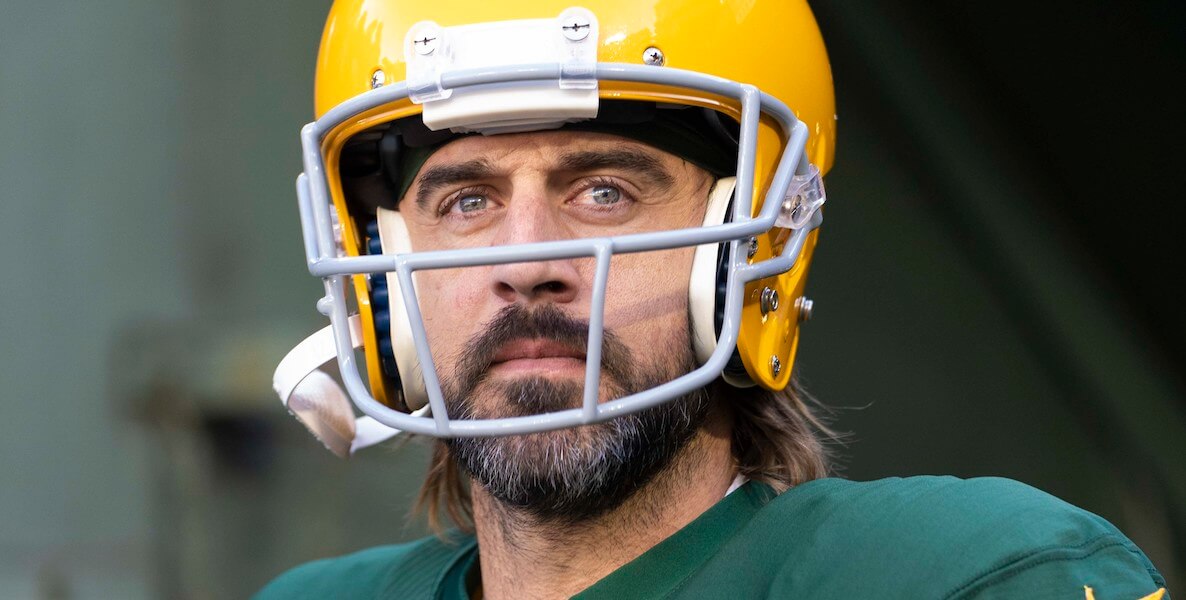First, let’s begin with the proposition that athletes punch above their weight, socio-politically. The civil rights movement didn’t begin with Brown v. Board of Ed in 1954, after all; it actually began seven years earlier, when Jackie Robinson broke baseball’s color line. The anti-Vietnam War movement didn’t pick up steam until a young, beautiful, Muslim champion named Muhammad Ali said, “I ain’t got no quarrel with them Vietcong.” And we wouldn’t have equality in sports—let alone First Wave Feminism—were it not for the activism of tennis great Billie Jean King.
Whereas Robinson, Ali and King all faced serious risk to career and livelihood for merely speaking their mind, today it’s hard to find an athlete not taking a stand on matters of social import—and often rewarded for doing so, driving the old-school “shut up and play” crowd batty. The smart outspokenness of LeBron James and the disintermediation of social media—suddenly, athletes are no longer dependent upon the filtering of predominantly middle-age, white media voices—has made speaking out safe…for the most part.
Public policy matters are complex, and even the athletes who don’t offend when they wade into those waters could use some schooling.
Here at The Citizen, we’ve long championed the role of athlete as social activist. Three beloved Philadelphia Eagles have penned thoughtful, well-researched columns for us on pressing social issues: Former linebacker Connor Barwin on urbanist issues, former safety Malcolm Jenkins on criminal justice reform, and center Jason Kelce on education. In each case, our city’s public conversation was made better for their respective voices.
The Aaron Rodgers saga this week, however, is a reminder of what happens when the athlete who is speaking his or her mind is, uh, maybe not so bright. If you haven’t been following it, Rodgers, the reigning NFL MVP, lied about his vaccination status, playing Clintonesque word games (“I’m immunized”), and then went on to tout all the research he did by name-dropping that noted epidemiologist, podcaster Joe Rogan. Rodgers is getting roasted for his ignorance, while recasting himself as a victim “in the crosshairs of the woke mob.”
RELATED: What do we know about getting shots into arms?
“Rodgers is an example of the worst path to follow if you’re an athlete and speaking out on societal issues beyond your game,” says Kenneth L. Shropshire, professor emeritus of the Wharton School and CEO of Arizona State University’s Global Sport Institute. “The best at it, like Arthur Ashe, have sought out and listened to experts. Back in the ’68 Olympics, it was John Carlos and Tommie Smith making headlines with their Black power salute, but it was sociologist Dr. Harry Edwards in their ears, educating them on the state of race relations.”
Public policy matters are complex, and even the athletes who don’t offend when they wade into those waters could use some schooling. In the aftermath of George Floyd’s murder and the shooting of Jacob Blake, NBA players staged a walk-out last year, securing a commitment to use NBA arenas as mass voting sites and garnering $300 million targeted to social justice nonprofits. A win, right? But had those same players had an expert like Shropshire advising them, they might have realized the extent of their leverage and used to it to exert systemic pressure. After all, of the 4,000 banks in the United States, only 21 are owned by African-Americans.
How powerful would it have been if the players in a league that is 80 percent African-American had demanded that their NBA take its billions out of BBVA—the Spanish conglomerate that is the league’s “official bank”—and instead deposit its considerable nest egg in Black-owned banks or a B Corp like Amalgamated Bank, the nation’s largest union-owned bank, for the express purpose of targeted investment in distressed Black and Brown neighborhoods?
RELATED: Watch Connor Barwin and Charles Barkley talk about athletes and activism
Of course, at least those NBA players were well-intentioned and thinking of impacting others. It’s hard to find any of that in Rodgers’ ill-advised statements. But Rodgers is not the first athlete to step in it. In the late nineties, former Eagles All-Pro Reggie White, an ordained minister, was invited to express his views on issues beyond the game before the Wisconsin State Assembly. What followed was a shocking string of stupidity and stereotype: “Blacks like to sing and dance…Whites know how to tap into money…Hispanics are gifted at family structure…Early Americans enslaved Blacks instead of Indians because Indians knew the territory, and knew how to sneak up on people…You can see a Hispanic person and he can put 20 or 30 people in one home.”
You want to talk about issues in the world on your Twitter feed? Cool. But you’d never embarrass yourself on the field of play by not preparing for a game.
It just may be that, in addition to being ill-informed, White and Rodgers committed the same mistake: the taking of media bait. That’s what Michael Jordan once argued about the punditocracy demands for athletes to speak out on social issues. In a 2005 cover story interview for GQ Magazine, I brought up to Jordan the popular critique of him, which I’ve made through the years: That he’d betrayed the legacies of Ali, Robinson, et al, by refraining from speaking out against racist Senator Jesse Helms in his home state of North Carolina, when Helms was vulnerable to a challenge from a credible Black opponent. At the time, Jordan resisted calls to endorse challenger Harvey Gantt, saying, “Republicans buy sneakers, too.”
But, turns out, Jordan sensed that the calls for him to get involved in a political campaign were a type of set-up, as he told me in our 2005 interview:
My father always taught us, You don’t put yourself in a situation if you’re not prepared for that situation. My whole life had always been about being the best basketball player I could be. I had absolute tunnel vision—everything was channeled toward that. So I thought it was kind of unfair that people asked me to do something that I wasn’t accustomed to doing just because of my profession. I felt comfortable dealing with the kids, doing the Make-a-Wish stuff, Special Olympics. But then it became, “Okay, why won’t you speak out politically?” Well, I’d only be setting myself up for someone to scrutinize my opinions, which were limited, because I never channeled much energy into it.
Like movie stars, athletes have widespread influence and ought to be a vital part of our civic experiment. We should welcome them to the public conversation. But, as Jordan sensed, they have a responsibility to not be idiots in their public statements. And we have a responsibility to hold them—and their teams—to the same standards we’d hold an election official to.
You want to talk about issues in the world on your Twitter feed? Cool. But you’d never embarrass yourself on the field of play by not preparing for a game. Similarly, in the court of public opinion, you may want to try and read a book on a subject you’re thinking of speaking out on before making a public fool of yo’ damn self.
![]()
RELATED
Header photo by All-Pro Reels, CC BY-SA 2.0, via Wikimedia Commons






